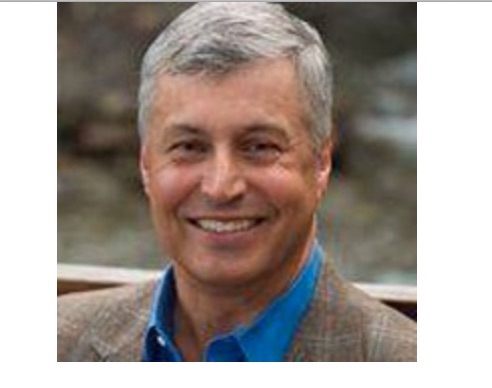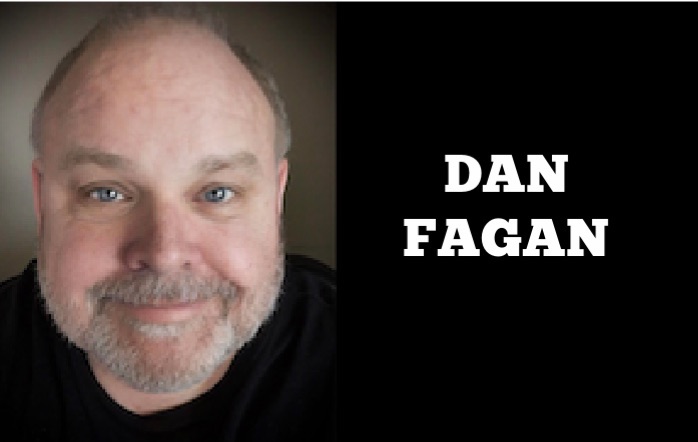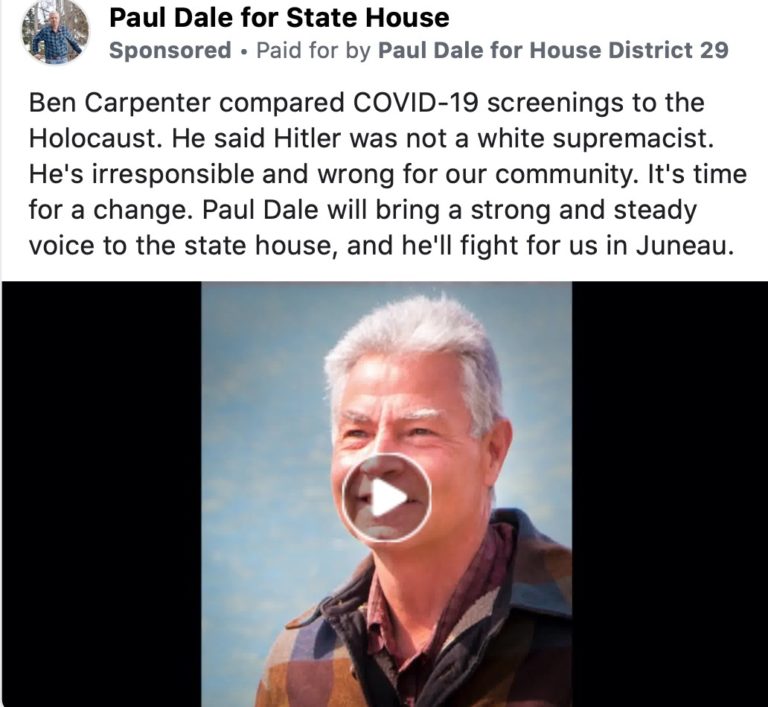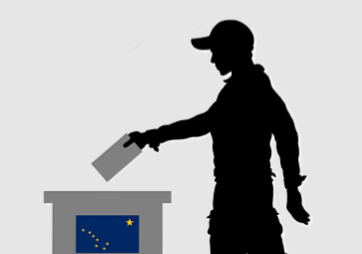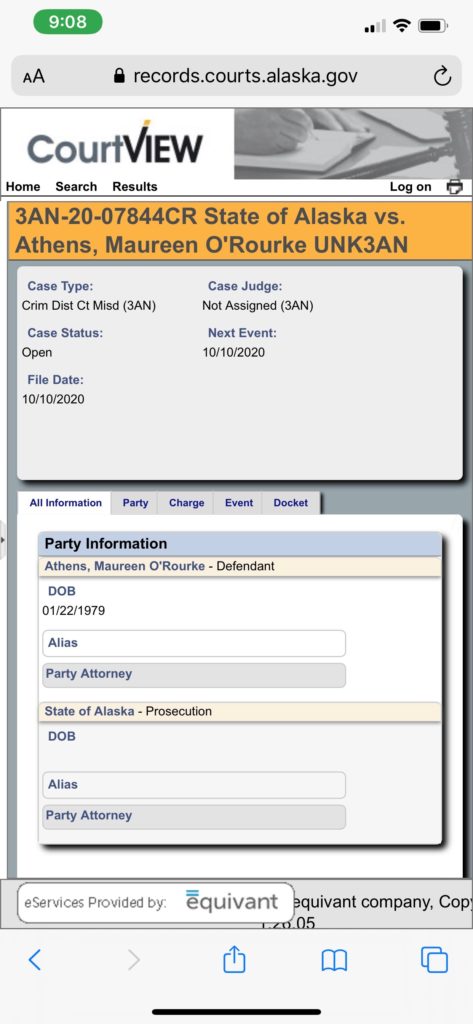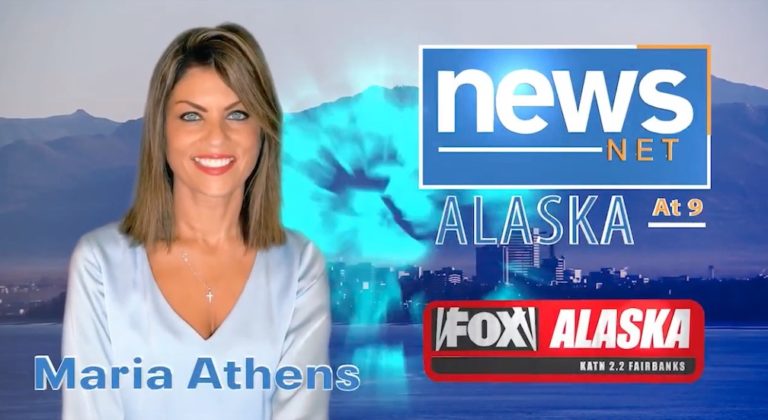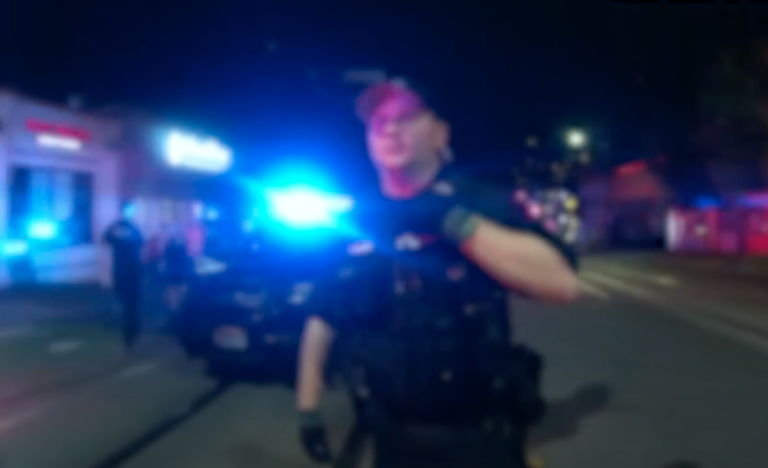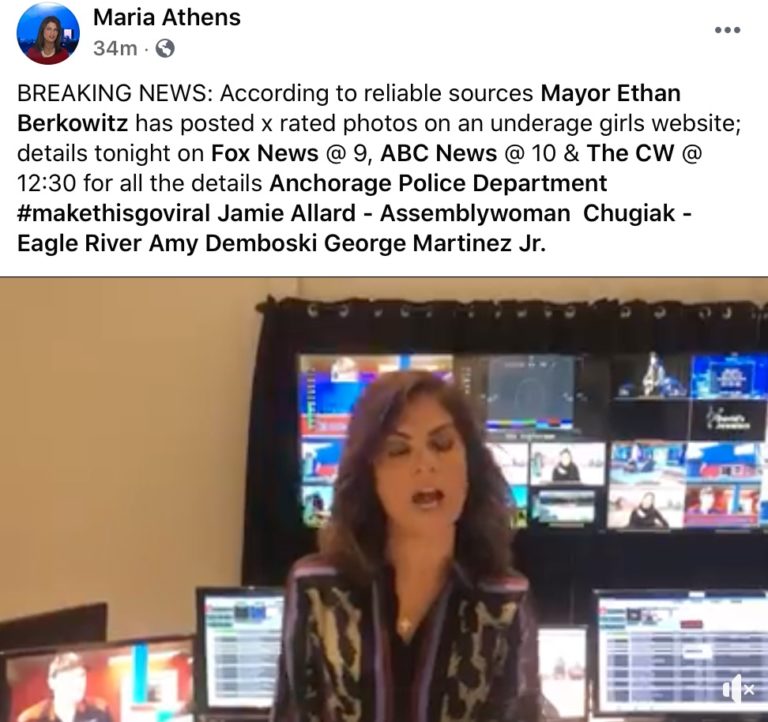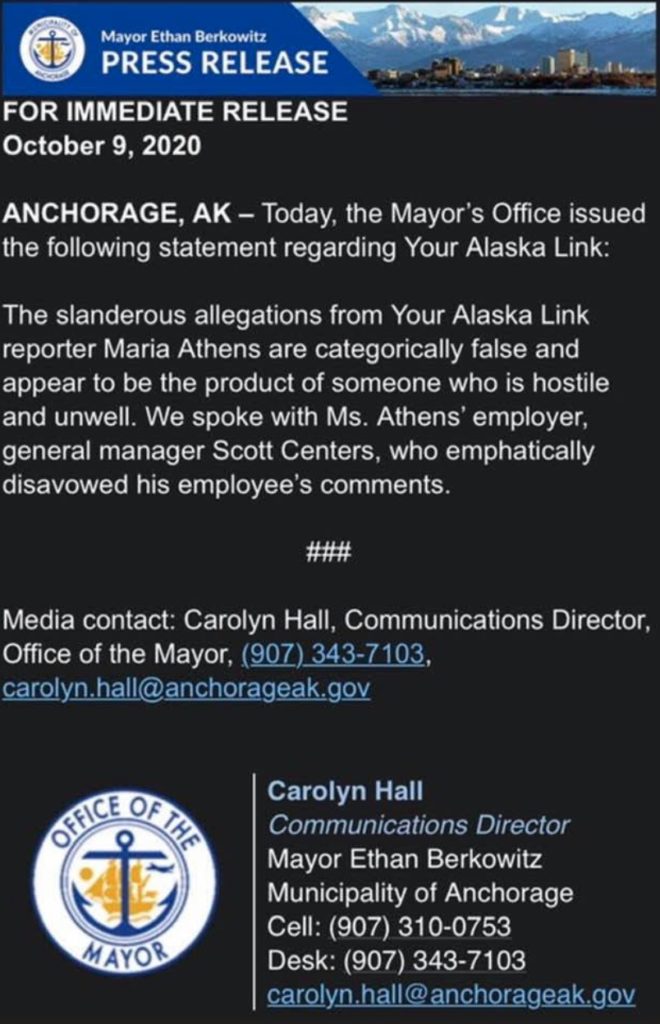By MICHAEL TAVOLIERO
I don’t buy into the declaration of “It’s time to end the Permanent Fund dividend.”
We are spending in 2021 over $12 billion on state government.
We have less than three quarters of a million people.
I couldn’t help but think about our schizophrenic state constitution. You know the one that provides that all political power is inherent in the people but gives authority to the Legislature over all the natural resources belonging to the state, including land and water, for the maximum benefit of the people.
How have those benefits worked out?
Billions upon billions gone. Zilch. Kapoot. Vapor. No discernible evidence the money was ever used on anything.
How many boondoggle projects have wasted our natural resource development revenues over the past 40 plus years?
All conceived and led by an insatiable state government and administrations.

We don’t have much to show for it, except we have now the most incompetent state government ever in the history of the state.
It keeps setting exemplary failure levels across the board nationally, especially, in our two most major budget items, education and healthcare.
In our nation, Alaska has one of the worst education performance outcomes as well as one of the highest costs per student. Alaska has the highest cost for health care in the nation. Our state university is an embarrassment with a dismal graduation rate. The list of state operated failures is only surpassed by our denial to correct them.
Yet we boast one of the highest cost per capita for a state government.
And it’s time to end the PFD?
I have personally seen the benefits of the PFD to Alaska families needing to make ends meet during a bad winter, families saving their PFD’s for their kids’ education and saving their PFDs for a down payment on a house amongst other wonderful outcomes because of the PFD.
Sorry, I can’t buy into the progressive double speak of “Let’s end the PFD,” when we as a state have failed to cut an over bloated, ill managed and demonstrably inept state government; when we have failed to reform an education system which promises our children only one outcome, failure; when we have ignored the cost of health care to the point that private insurance carriers find it more cost effective to send patients for treatment to the Lower 48 with a companion, first class airfare, and per diem, rather than treat locally.
At the beginning of Alaska’s worst economic debacle, COVID-19, our state government showed its disdain for its citizens by continuing to be essential while the private sector was non-essential. When given the opportunity to come to the rescue, the Alaska State Legislature refused to pay the Alaska people their 2016 through 2020 PFD balances.
I wasn’t going to say anything, but the Communists of this state want the control of our natural resources, our political process and most of all our children.
I for one am standing and saying “NO!” to ending the PFD.
Let’s vote for a 32nd State Legislature to include men and women who will protect the PFD and reduce state spending.
Michael Tavoliero is a realtor at Core Real Estate Group in Eagle River, is active in the Alaska Republican Party and chairs Eaglexit.
